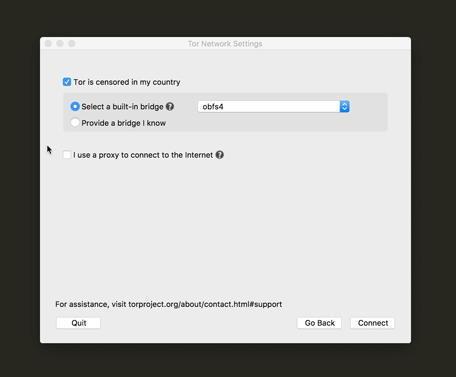

On default, it will allow the loading of images, JavaScript, and Background Sync. It'll advise you whether you can safely submit sensitive information, for example, followed by a list of general permissions. if it has SSL or TLS certificates), and clicking on that padlock or "i" symbol will tell you more about your connection. In the address bar, it'll tell you whether a site is secure (i.e. The same goes for Google Search: when listing results, unsecure options will be accompanied by a similar monitory.Ĭhrome also defaults to the most secure settings without negatively impacting your experience.

That's Chrome's Safe Browsing, which alerts you of anything it suspects contains malware or phishing. You've probably visited a site and seen a pop up, warning that the site could harm your computer. The sandboxing process is widely used, so that's fortunately not the only edge Chrome has on other services. Downloading anything is only advisable if you know for sure that everything's okay. That's why email providers let you view attachments online: that way, anything you view is contained. This might be adding a PDF to your Documents, or it could be having malicious code running in the background. You allow something to make changes to your PC. Malware, including ransomware, is held back by the unique environment, but the second you download anything, you leave yourself open to any flaws. If everything's sandboxed, you should be fine - right? If you use Chrome, you might be questioning why you've had viruses in the past. But Chrome is the browser that uses the original source code. Any browser that uses the open-source software provided by the Chromium Projects includes sandboxing. Your smartphone does too, as long as you're solely using the official app stores. We're certainly not saying that Chrome is the only service to use the sandboxing method. Don't like what you're seeing on NBC? Just "close" the channel by turning over. Fortunately, Chrome sandboxes this too any issue with Flash won't trouble any other part of your OS.

Because it's popular, however, hackers aim to exploit it. Flash, though flawed, is an extensively-used add-on, allowing you to watch videos and play games on the web.


 0 kommentar(er)
0 kommentar(er)
